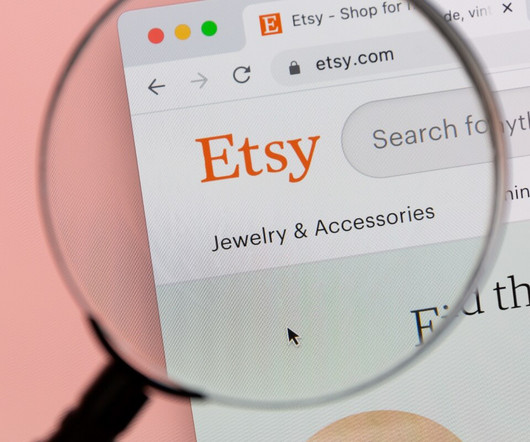How Social Networks Can Harness the Power of Weak Ties | Social.
Dashe & Thomson
MAY 11, 2011
The power of tools like Facebook, LinkedIn, and Yammer, are pretty astounding. A lot of the Social Media Mavens , however, are really ranting, not about the technology, but about the human dynamics related to social networking.









































Let's personalize your content